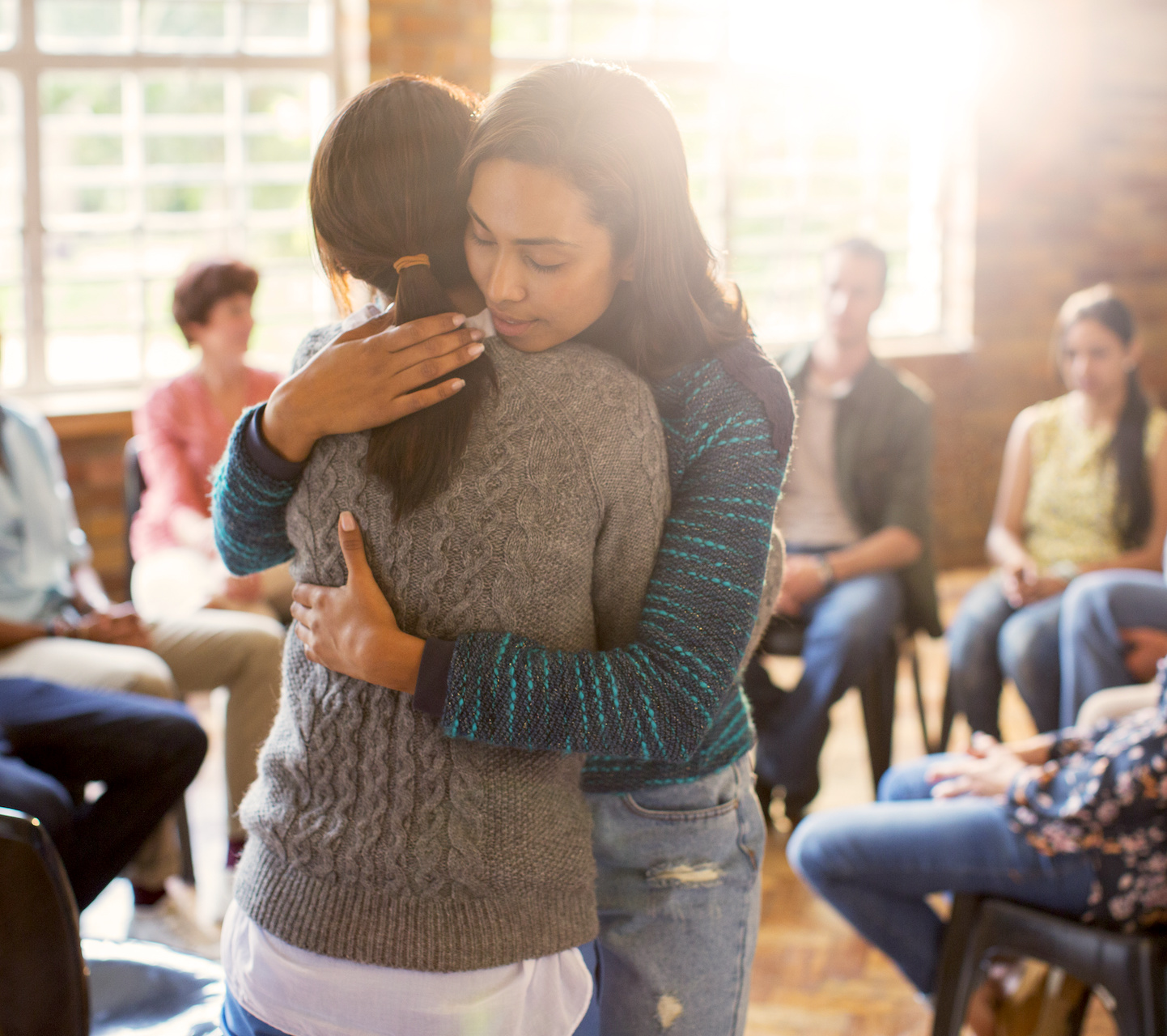“Vulnerability is not a weak-ness, it is our greatest measure of courage.” – Brene Brown
Being Vulnerable
Allowing oneself to show vulnerability can seem like a daunting proposition. We spend so much of our lives protecting those parts of ourselves that we are afraid to show the world. These “parts” are different for everyone. For some, it may be saying “I love you” first in a relationship, as this carries the possibility of your declaration being unrequited. For others, it may be showing your artwork or asking for a raise. These are all tasks that open us up to possible negative feedback. The likelihood of getting hurt becomes amplified in our minds, and self-preservation can kick in, subsequently derailing us emotionally.
The Oxford dictionary defines vulnerability as follows: “Being vulnerable is the quality or state of being exposed to the possibility of being attacked or harmed, either physically or emotionally”. This description is accurate for the most part, but there’s a missing piece here that is important to examine. While vulnerability does expose us to possible negative consequences, it also allows all the positive feedback to flow in. When the focus is put on recoiling from critique, rejection, or hurt, this can hinder our growth, relationships, and pursuits. This often has a ripple effect that affects every aspect of our lives. Ironically, the more we attempt to protect ourselves from vulnerability, the more fearful and disconnected we become.
Like anything in life, starting is usually the hardest part. We may have avoided experiences that put us in this vulnerable state, so it becomes so ingrained that we often freeze at the thought of being exposed. As counterintuitive as it may seem, allowing ourselves the freedom to just be, that’s where courage and fear meet, and beautiful things can arise from this space.
How We Feel When We Enter a Vulnerable State
The feelings that arise include everything from scary and exciting, terrifying and hopeful, and freeing and fearful. The uncertainty, risk, and emotional exposure are accompanied by confidence, self-awareness, belonging, and authenticity.
Some MYTHS About Vulnerability
• Vulnerability Equates Weakness
Vulnerability can sometimes make someone feel like they’re being weak, but that is an inaccurate judgement. In most cases, vulnerability is quite the opposite, it is a choice that requires a substantial amount of courage. It is courageous to allow others to share in our vulnerable states of being.
• Impervious to Vulnerability
It is inconceivable to go through life without being vulnerable at least some of the time. The idea of being invulnerable is the stuff of legends, arguably an impossibility in the non-superhero world. Even if someone was able to avoid it for most of their lives, what kind of life would that look like? It would look quite one-dimensional, as vulnerability is the catalyst for a life that is meaningful, messy, and beautiful.
• Spilling All Your Screts
This is a relatively common belief, that vulnerability is oversharing, about putting it all out there. Vulnerability is not sharing with every person you meet all the nitty-gritty details of your personal life. It is allowing the people that you already trust to enter into your life a bit deeper. Vulnerability embraces boundaries and trust. This can look different for everybody.
• We Go At It Alone
Some people think that avoiding vulnerability is possible and that the best way to succeed at this would be to “go at it alone”. You don’t need to be vulnerable when you’re alone. But the reality is human beings are social creatures, we all need social connection, belonging, and support, despite our attempts to fool ourselves otherwise.

Vulnerability and Shame
We all experience shame with a few rare exceptions. Shame is exacerbated and empowered by becoming unspeakable. Speaking about our shame allows us to enter into vulnerability and consequently helps us develop resiliency to the shame itself. Shame is often there to prevent us from sharing intimate parts of ourselves. When you are swayed easily by other people’s opinions, good or bad, then you will be at the mercy of the external world. In this way, you will have a hard time maintaining stability in your emotional life.
When you are able to separate other people’s opinions of you or your work from your own ideas of who you are, you develop strong shame resilience skills. Your self-worth isn’t on the line every time someone criticizes you or what you do. In this way, you will be able to work more freely and fearlessly, oftentimes creating the bedrock for work that is pure. Vulnerability creates freedom.
The antidote to shame is empathy. Because shame is a social emotion, it can also be combatted by social healing. Overcoming shame involves others listening to our shameful experiences with empathy.
The Vulnerabilty Armours
• Foreboding joy
In our attempts to lessen the intensities of highs and lows, we control the ups by feeling them less intensely, hoping that the downs will pack less of a punch. It’s self-explanatory where this may lead.
• Perfectionism
This shield used for a multitude of insecurities is our way to minimizing the sting of failure. As we may have learned by now, it only ends up becoming a neurotic obsession that hurts relationships and opportunities. The eventual realization of the impossibility of being “perfect” then devolves into more shame.
• Numbing
Numbing can come in many forms, from addiction to restricting
• Floodlighting
Sharing too much too soon in a relationship is a desperate attempt at connection. This usually has the opposite effect. Instead of leading to connection, it can scare people away. In turn, it can cause embarrassment when the information that you share is not met with empathy.
• Serpentining
This is a term used by Brene Brown to describe the huge effort expended to avoid being vulnerable, even though facing it would’ve taken much less.
• Cynicism, criticism, cool, cruelty
We often have an urge to use these methods to combat the shame of not being vulnerable. These are all protective measures so that we don’t have to face a life hindered by not being as vulnerable as others.
The Opinion of Others
We are all affected by other people and their judgements of us, although by varying degrees. We do need to care, as this is the link that keeps us connected. Yet, at the same time, we cannot allow it to define us. The learned skill that we all need to develop is to discern useful feedback for improvement and unmitigated criticisms used for attacking rather than helping.
Connection, Love, and Belonging
Feeling worthy of connection, love, and belonging is the only way to manifest these prerequisites for self-love. How does one feel worthy?

Being Enough
How often do we feel like we are enough? We are inundated by societal pressure to be better and more. We tell ourselves stories of why we are not enough and look to the past and the future as proof of our present predicaments. Lastly, we tell ourselves that we are not enough now because of something in the past (usually accompanying deep-seated shame) or perhaps we will be enough in the future (when some goal is accomplished).
Being enough happens now. It can only happen now. No past situation or future goal will change that. It means eliminating the ‘should’s and ‘could’s, and embracing the ‘is’. Being enough is to be fully vulnerable and have the courage to accept the results of that without judgement for yourself or others. That is self-love, self-acceptance, and living life to its fullest, warts and all.
References
https://www.takingcharge.csh.umn.edu/daring-be-vulnerable-brene-brown
https://onbeing.org/programs/brene-brown-the-courage-to-be-vulnerable-jan2015/




